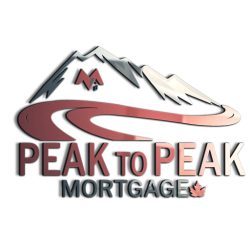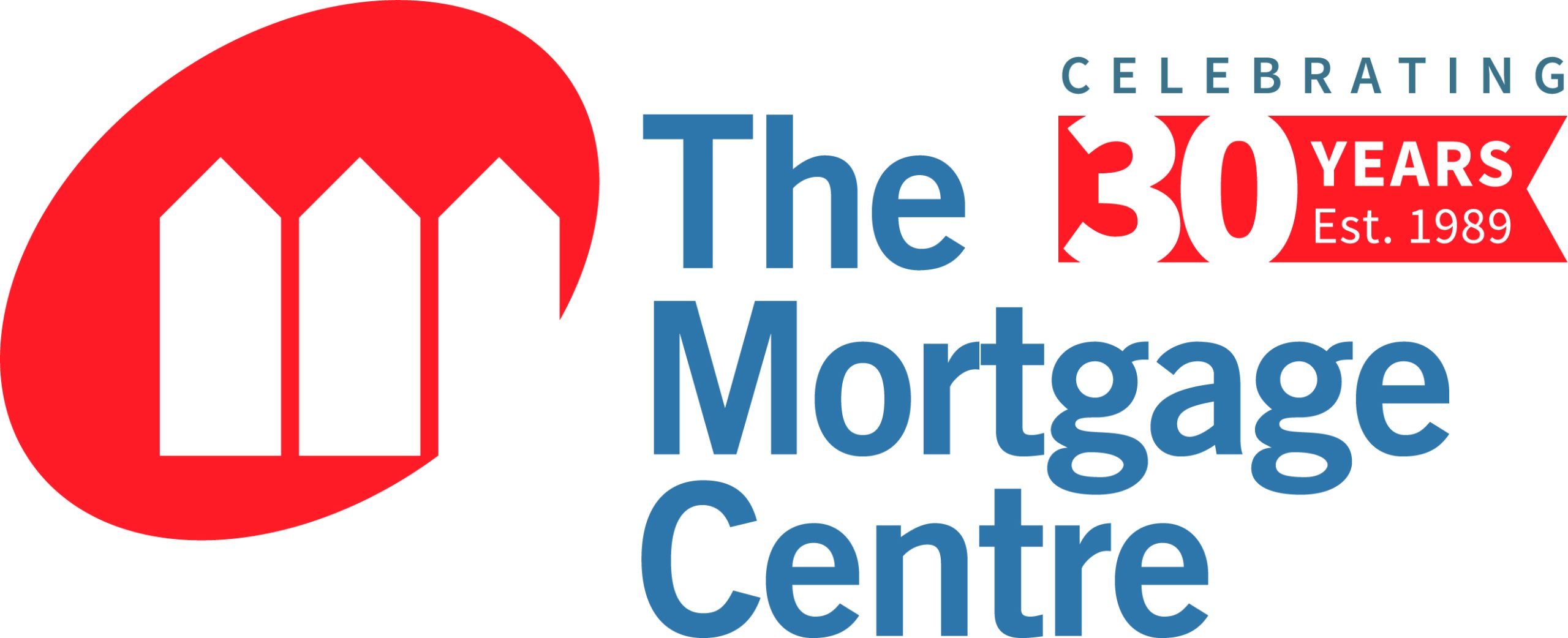Foundations of Construction Mortgage Financing
- Building a home is a completely different process than buying an existing built house.
- A large part of how banks approve construction financing projects is based on risk assessment. When a bank reviews your information, they will want to see a detailed breakdown of costs for the project, if the project is a self-build or contract with a builder, and how much money you have to carry you through the construction process. If you are going through a builder, they will also need confirmation that New Home Warranty is in place.
- Effective July 4, 2016, there are new requirements for Owner Builders; click here for the information provided by the Homeowner Protection Office, Branch of BC Housing.
- The application process is similar to other financing applications: completed application form, proof of your employment/income, confirmation of assets, confirmation of liabilities, and good reported credit via one of the credit reporting agencies. Additional information on your builder may also be required upon review of the building contract. The bank will have an appraisal of the project done based on the current land value, the contract with the builder, and the hard costs of construction.
- To help manage the bank’s risk during a build, the bank will advance you funds at certain stages. Depending on the scope of the project, there are usually 3 or 4 stages: Foundation, Lock-Up, Drywall, & Completion.
There are a few basic rules that dictate the amount you receive at each stage:
- You will need your own funds to get started to reach the Foundation stage. Throughout the entire process, you are putting your own money up front first, and then you are re-imbursed as the construction progresses and the bank releases the funds. At the end of the project, if all goes well and is on budget, you should be fully re-imbursed the funds you injected from the onset.
- Any funds outstanding against the lot must be paid out from the first draw. You can not have a loan for the lot and a construction mortgage as well.
- At each draw, the bank will hold back an amount that is equal to the cost to complete the construction. Your draw will equal the total mortgage amount you have been approved for minus the holdback (the cost to complete). The bank relies on information from the appraiser’s inspection to determine the “cost to complete.”
- It is helpful to apply for the maximum amount available to you from the very beginning to give you flexibility during the draw process. At the end, if you do not need the full amount you were approved for, the bank can reduce the final amount that is converted over into a repayment mortgage.
- As part of risk management, the banks like to be involved from the beginning, so if you are going to need construction financing, you can help yourself by applying & getting approved before you break ground. Being organized with your documents and securing the bank’s approval early, will be beneficial to you for your own personal risk management.
- Speak with your builder about the Builders Lien Act holdback account. For projects valued in excess of $100,000, the holdback requirements are 10% of each payment to the contractor.
- Every time you request a draw, the bank will send out their appraiser to do an inspection of the property. Sometimes the initial appraisal costs are higher for a construction mortgage appraisal as there is more work and detail involved for preparation of this kind of report. There is a cost to you for each appraisal inspection…these can range from approximately $100 to $200 each.
- Additionally, at each draw stage, your lawyer will have to do a title search to check for Builders Liens, and to ensure the bank’s mortgage is still secure. The lawyer will deduct their fees and costs for each draw they assist you with.
- Speak to an insurance broker prior to construction to ensure you will have the correct and adequate coverage in place throughout the project. Often insurance premiums for construction financing are higher than usual, so early research can help with accurate budgeting.
- It is a good idea to have available cash during the construction process. Depending on the contract with your builder and the stipulated schedule of payments, you may be required to pay your builder from your own reserves first, in advance of the bank’s allowable draws. For this very purpose, sometimes an unsecured line of credit is approved at the beginning, in addition to the construction mortgage.
- The above items have been noted for residential construction financing. Commercial construction runs along the same principles, but can be higher in rate, and also with set-up fees.
- Working with a mortgage broker that understands the construction process can help make things a little easier by being efficient with documentation, providing lending options, and having specific knowledge to guide you through the project.


 The Mortgage Centre became Canada’s first national mortgage broker organization in 1989.
The Mortgage Centre became Canada’s first national mortgage broker organization in 1989.